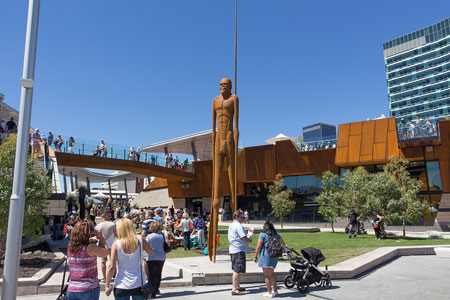Perth Translation Services » Biomedical Engineering Translation » Portuguese Translator
Portuguese Biomedical Engineering Translation
Perth Translation provide English <> Portuguese document translation services for health and medical research, getting the research out of the laboratory and into the marketplace. Through multilingual translations, we support the development of biomedical ventures in Australia to achieve significant national health and economic outcomes.
Only Portuguese translators with the experience and background in translating for medicine, biology and engineering subjects are able to provide for accurate and reliable biomedical engineering translations.
Upload documents for translation
Professional Portuguese Translator

Perth Translation provides professional Portuguese <> English translation services. You can use the form on this page to upload multiple files for a confirm quote and delivery time. Our Portuguese translator is ready to assist with your translation project.

Biomedical Engineering Translations For All Major Languages
- Arabic biomedical engineering translation
- Chinese biomedical engineering translation
- Croatian biomedical engineering translation
- Czech biomedical engineering translation
- Estonian biomedical engineering translation
- Dutch biomedical engineering translation
- Finnish biomedical engineering translation
- French biomedical engineering translation
- German biomedical engineering translation
- Greek biomedical engineering translation
- Hindi biomedical engineering translation
- Hungarian biomedical engineering translation
- Indonesian biomedical engineering translation
- Italian biomedical engineering translation
- Japanese biomedical engineering translation
- Korean biomedical engineering translation
- Malay biomedical engineering translation
- Norwegian biomedical engineering translation
- Persian biomedical engineering translation
- Polish biomedical engineering translation
- Portuguese biomedical engineering translation
- Punjabi biomedical engineering translation
- Russian biomedical engineering translation
- Serbian biomedical engineering translation
- Slovak biomedical engineering translation
- Spanish biomedical engineering translation
- Swedish biomedical engineering translation
- Tagalog biomedical engineering translation
- Thai biomedical engineering translation
- Turkish biomedical engineering translation
- Ukrainian biomedical engineering translation
- Urdu biomedical engineering translation
- Vietnamese biomedical engineering translation
About the Portuguese Language
Portuguese is a West Romance language and the sole official language of Portugal, Brazil, Cape Verde, Guinea-Bissau, Mozambique, Angola, and São Tomé and Príncipe. It also has co-official language status in East Timor, Equatorial Guinea and Macau in China.
As the result of expansion during colonial times, a cultural presence of Portuguese and Portuguese creole speakers are also found in Goa, Daman and Diu in India; in Batticaloa on the east coast of Sri Lanka; in the Indonesian island of Flores; in the Malacca state of Malaysia; and the ABC islands in the Caribbean.
Portuguese evolved from the medieval language, known today by linguists as Galician-Portuguese, Old Portuguese or Old Galician, of the northwestern medieval Kingdom of Galicia and County of Portugal. It is in Latin administrative documents of the 9th century that written Galician-Portuguese words and phrases are first recorded. This phase is known as Proto-Portuguese, which lasted from the 9th century until the 12th-century independence of the County of Portugal from the Kingdom of León, which had by then assumed reign over Galicia.
In the first part of the Galician-Portuguese period (from the 12th to the 14th century), the language was increasingly used for documents and other written forms. For some time, it was the language of preference for lyric poetry in Christian Hispania, much as Occitan was the language of the poetry of the troubadours in France. The Occitan digraphs lh and nh, used in its classical orthography, were adopted by the orthography of Portuguese, presumably by Gerald of Braga, a monk from Moissac, who became bishop of Braga in Portugal in 1047, playing a major role in modernizing written Portuguese using classical Occitan norms. Portugal became an independent kingdom in 1139, under King Afonso I of Portugal. In 1290, King Denis of Portugal created the first Portuguese university in Lisbon (the Estudos Gerais, which later moved to Coimbra) and decreed for Portuguese, then simply called the "common language", to be known as the Portuguese language and used officially.
In the second period of Old Portuguese, in the 15th and 16th centuries, with the Portuguese discoveries, the language was taken to many regions of Africa, Asia, and the Americas. By the mid-16th century, Portuguese had become a lingua franca in Asia and Africa, used not only for colonial administration and trade but also for communication between local officials and Europeans of all nationalities.
Its spread was helped by mixed marriages between Portuguese and local people and by its association with Roman Catholic missionary efforts, which led to the formation of creole languages such as that called Kristang in many parts of Asia (from the word cristão, "Christian"). The language continued to be popular in parts of Asia until the 19th century. Some Portuguese-speaking Christian communities in India, Sri Lanka, Malaysia, and Indonesia preserved their language even after they were isolated from Portugal.

